The IRS has announced the annual inflation adjustments for tax year 2025, as outlined in Revenue Procedure 2024-40. These adjustments will impact more than 60 tax provisions, affecting taxpayers when they file their returns in 2026.
Notable Changes for Tax Year 2025
The following adjustments for tax year 2025 will be of particular interest to many taxpayers:
- Standard Deductions
- Single taxpayers and married individuals filing separately: $15,000 (an increase of $400 from 2024).
- Married couples filing jointly: $30,000 (an increase of $800).
- Heads of households: $22,500 (an increase of $600).
- Marginal Tax Rates
- The top tax rate remains 37% for individual single taxpayers with incomes greater than $626,350 ($751,600 for married couples filing jointly). Other rates are:
- 35% for incomes over $250,525 ($501,050 for married couples).
- 32% for incomes over $197,300 ($394,600 for married couples).
- 24% for incomes over $103,350 ($206,700 for married couples).
- 22% for incomes over $48,475 ($96,950 for married couples).
- 12% for incomes over $11,925 ($23,850 for married couples).
- 10% for incomes up to $11,925 ($23,850 for married couples).
- The top tax rate remains 37% for individual single taxpayers with incomes greater than $626,350 ($751,600 for married couples filing jointly). Other rates are:
- Alternative Minimum Tax (AMT) Exemption
- Unmarried individuals: $88,100 (phase-out begins at $626,350).
- Married couples filing jointly: $137,000 (phase-out begins at $1,252,700).
- Married individuals filing separately: $68,650.
- Earned Income Tax Credit (EITC)
- The maximum EITC for taxpayers with three or more children rises to $8,046 (up from $7,830 in 2024). A table in the revenue procedure provides details for other categories.
- The maximum EITC for taxpayers with three or more children rises to $8,046 (up from $7,830 in 2024). A table in the revenue procedure provides details for other categories.
- Qualified Transportation Fringe Benefit
- For tax year 2025, the monthly limitation for both the qualified transportation fringe benefit and qualified parking increases to $325 (up from $315 in 2024).
- For tax year 2025, the monthly limitation for both the qualified transportation fringe benefit and qualified parking increases to $325 (up from $315 in 2024).
- Health Flexible Spending Cafeteria Plans
- Employee salary reductions for contributions to health FSAs increase to $3,300 (up from $3,200).
- For cafeteria plans that allow carryovers, the maximum carryover amount rises to $660 (up from $640).
- Medical Savings Accounts
- Self-only coverage: The annual deductible must be between $2,850 and $4,300. The out-of-pocket expense limit increases to $5,700.
- The maximum out-of-pocket expense amount rises to $5,700, increasing from $5,550 in tax year 2024.
- Family coverage: The annual deductible ranges from $5,700 to $8,550, with an out-of-pocket expense limit of $10,500.
- For family coverage in tax year 2025, the annual deductible is not less than $5,700, increasing from $5,550 in tax year 2024; however, the deductible cannot be more than $8,550, an increase of $200 versus the limit for tax year 2024.
- For family coverage, the out-of-pocket expense limit is $10,500 for tax year 2025, rising from $10,200 in tax year 2024
- Self-only coverage: The annual deductible must be between $2,850 and $4,300. The out-of-pocket expense limit increases to $5,700.
- Foreign Earned Income Exclusion
- The exclusion rises to $130,000 (up from $126,500 in 2024)
- The exclusion rises to $130,000 (up from $126,500 in 2024)
- Estate Tax Credits
- The basic exclusion amount for estates of decedents who pass away in 2025 increases to $13,990,000 (up from $13,610,000 in 2024)
- The basic exclusion amount for estates of decedents who pass away in 2025 increases to $13,990,000 (up from $13,610,000 in 2024)
- Annual Gift Exclusion
- The annual exclusion for gifts increases to $19,000 (up from $18,000 in 2024)
- The annual exclusion for gifts increases to $19,000 (up from $18,000 in 2024)
- Adoption Credits
- The maximum adoption credit for a child with special needs increases to $17,280 (up from $16,810 in 2024).
- The maximum adoption credit for a child with special needs increases to $17,280 (up from $16,810 in 2024).
Unchanged for Tax Year 2025
Certain items that were indexed for inflation in the past are currently not adjusted by statute.
- Personal Exemptions
- Personal exemptions remain at $0, unchanged since the Tax Cuts and Jobs Act of 2017.
- Itemized Deductions
- Itemized deductions are not limited, continuing the trend since 2018, as per the Tax Cuts and Jobs Act.
- Itemized deductions are not limited, continuing the trend since 2018, as per the Tax Cuts and Jobs Act.
- Lifetime Learning Credits
- The income thresholds for the Lifetime Learning Credit remain the same: phase-out begins at $80,000 for individuals and $160,000 for joint filers, with no adjustments for inflation after 2020.



